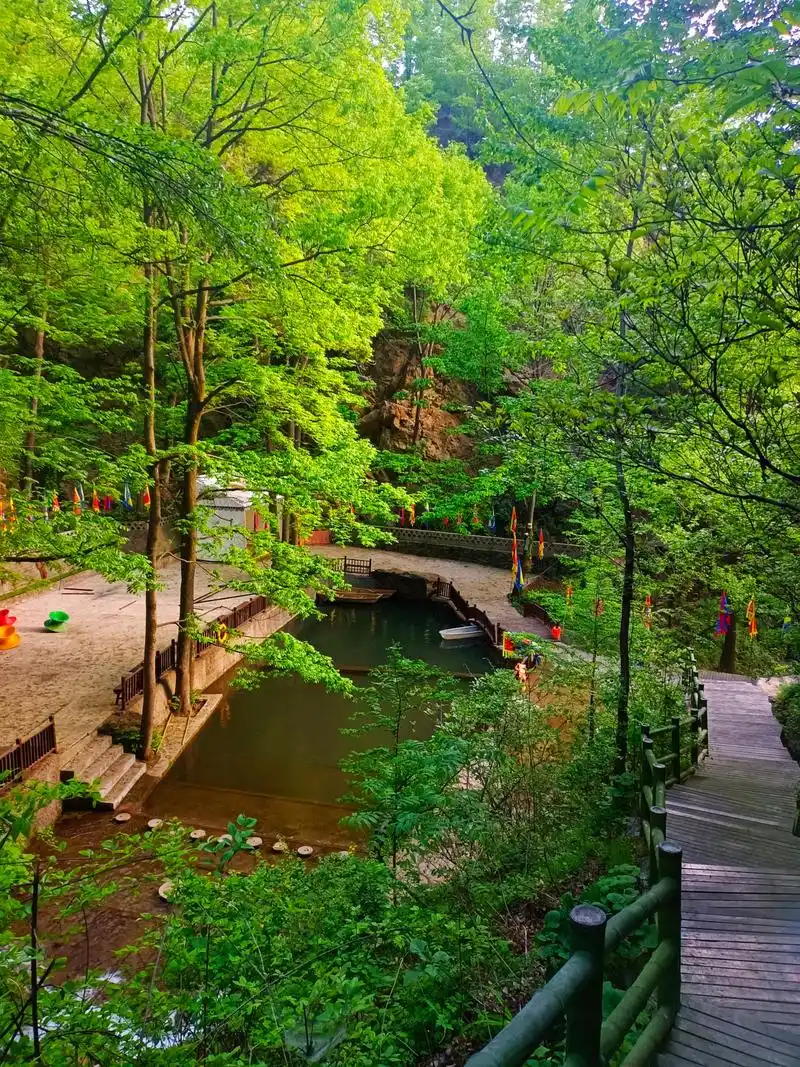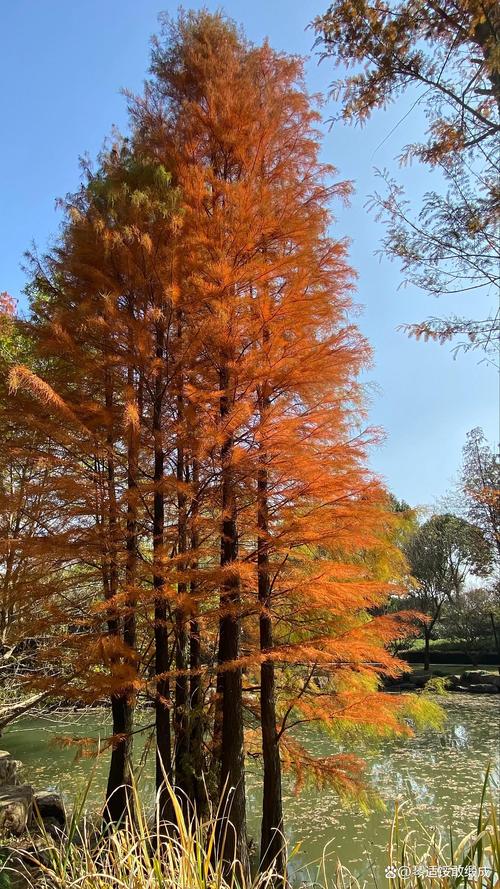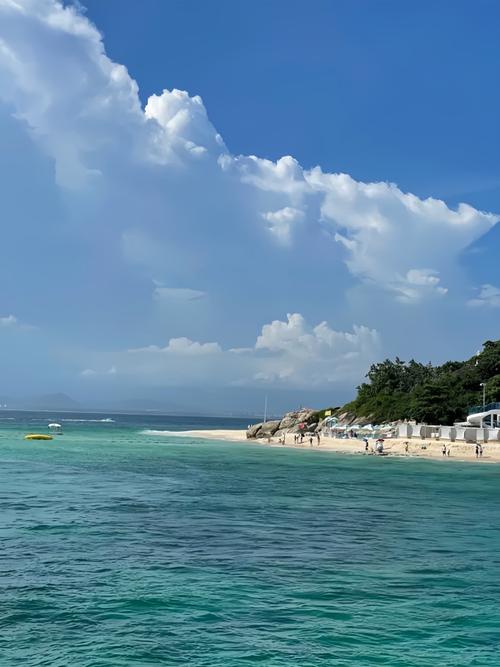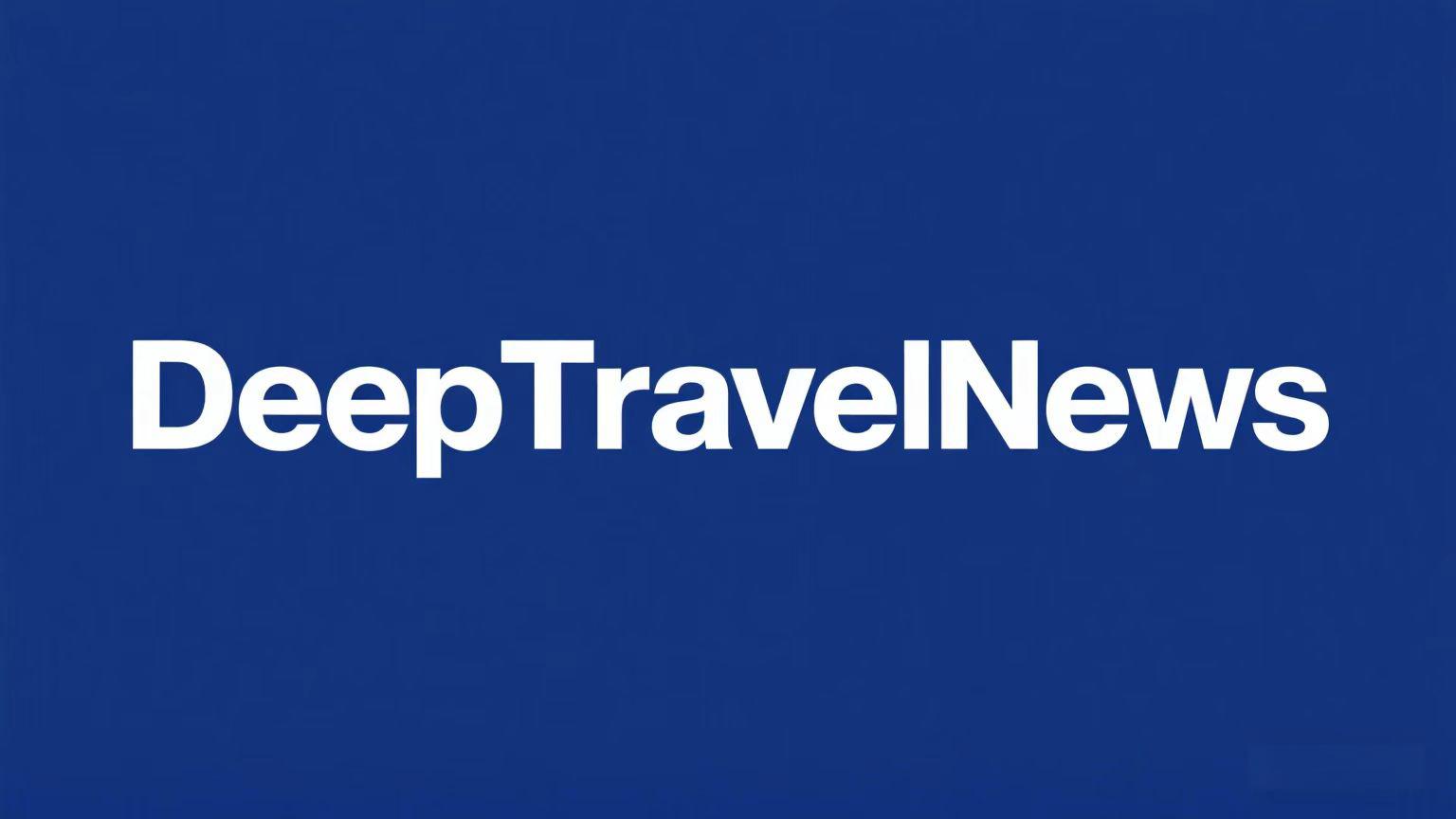France Travel
French Tourism Language Courses: Language Courses Combined With French Attractions, Learn French While Traveling
French Tourism Language Courses: Mastering the Language Amidst the Splendor of France
France, a country synonymous with art, history, gastronomy, and unparalleled beauty, has long been a top destination for travelers worldwide. The allure of Parisian boulevards, the sun-drenched vineyards of Bordeaux, the lavender fields of Provence, and the glamorous French Riviera is undeniable. Yet, for many, the experience is often tinged with a sense of being an outsider, limited by the language barrier. A new and transformative trend in educational travel is bridging this gap: French tourism language courses. These innovative programs seamlessly blend intensive language learning with immersive cultural and tourist experiences, allowing participants to learn French not just in a classroom, but in the very heart of the attractions that define la belle France.
Beyond the Classroom Walls: The Philosophy of Immersive Learning
Traditional language learning often happens in sterile environments, with textbooks and audio recordings simulating real-life scenarios. While effective for grasping grammar and vocabulary, this method lacks the crucial element of context. The human brain is wired to retain information more effectively when it is associated with experiences, emotions, and sensory inputs. This is the core principle behind immersive language tourism.
French tourism language courses are built on this foundation. Instead of learning the word for "castle" (château) from a picture, students learn it while exploring the majestic halls of Château de Chambord in the Loire Valley. The vocabulary for food and wine isn't memorized from a list but is acquired during a cooking class in a Lyon bistro or a wine-tasting session in a Burgundian cellar. This method transforms abstract words into tangible, memorable experiences. The pressure to order a coffee correctly becomes a motivating challenge rather than a stressful exam when you're standing in a classic Parisian café, surrounded by the aroma of fresh espresso and the chatter of locals.

The Structure of a Dream Vacation: How These Courses Work
These programs are meticulously designed to balance education with exploration. Typically, a course might span one to four weeks and is hosted by language schools that partner with local tour operators.
Morning: Linguistic Foundation The day often begins with a few hours of structured language classes. These are not large, impersonal lectures but small, interactive groups segmented by proficiency level, from absolute beginner (A1) to advanced (C1). The curriculum is pragmatic and focused on communication skills needed for daily life and travel. Teachers are usually native speakers trained to make lessons dynamic and engaging, using role-playing games, multimedia, and discussions about upcoming daily excursions. The morning session equips students with the linguistic tools—key phrases, verb conjugations, and cultural nuances—they will need for their afternoon adventure.
Afternoon: Applied Practice This is where the magic happens. The theoretical knowledge from the morning is immediately put into practice. The "classroom" expands to encompass the entire city or region. These activities are far from passive sightseeing; they are interactive learning sessions.
- Cultural Tours with a Twist: A guided tour of the Louvre becomes a French lesson where students describe paintings, discuss art history, and ask questions—all in French. A walk through the historic Marais district in Paris might involve a scavenger hunt where participants must ask shopkeepers for directions or describe items in a bakery window.
- Gastronomic Adventures: France's culinary heritage is a rich teaching tool. A cheese tasting in Normandy becomes a lesson in adjectives (crémeux, fort, délicieux). A pastry-making class forces students to follow instructions in French, measuring ingredients and learning the names of kitchen utensils.
- Meeting the Locals: Many programs arrange meetings with artisans, winemakers, farmers, or artists. These interactions provide authentic, unscripted conversation practice and a deep dive into specific regional cultures and vocabularies that are absent from standard textbooks.
Evening: Social Integration Learning continues over shared meals, group dinners, or visits to the theater. This informal setting encourages students to relax and converse freely, solidifying the day's lessons and building confidence in a social context.
Destinations as Classrooms: A Regional Tapestry of Learning
The beauty of France is its incredible diversity, and these courses leverage different regions to offer specialized experiences.
- Paris: The quintessential destination for first-time visitors. Courses here combine language learning with iconic attractions: practicing directions on the way to the Eiffel Tower, discussing impressionism at the Musée d'Orsay, and negotiating at a flea market at Marché aux Puces de Saint-Ouen.
- Provence: Ideal for those seeking a slower pace and a focus on art and nature. Students might learn to describe landscapes while painting en plein air in the footsteps of Cézanne, or acquire agricultural vocabulary at a vibrant morning market in Aix-en-Provence, surrounded by the scent of herbs and fresh produce.
- The French Riviera (Côte d'Azur): Courses here often incorporate a glamorous twist, with vocabulary centered on art, cinema, and the sea. A lesson could involve discussing the works of Matisse in Nice's superb museum or learning nautical terms during a sailing trip along the coast.
- Bordeaux & Lyon: For the epicurean learner. These regions offer deep dives into gastronomic French. Programs are built around wine education, vineyard tours, and meetings with renowned chefs, turning every meal into a masterclass in both cuisine and language.
The Multifaceted Benefits: More Than Just Language
The advantages of this integrated approach extend far beyond acquiring a new language.
- Deep Cultural Understanding: Language is the key to unlocking a culture. By using French to navigate markets, understand guide explanations, and chat with locals, students gain an authentic insight into the French way of life, its values, and its humor—something a tourist rarely achieves.
- Building Confidence: Successfully ordering a meal, buying a train ticket, or having a brief conversation with a shopkeeper provides an immense confidence boost. This encourages learners to take more risks and engage more deeply, accelerating their progress.
- Networking and Friendship: These courses attract like-minded individuals from all over the world who share a passion for travel and learning. The shared experience of navigating a new language and culture fosters strong, lasting friendships.
- A Truly Unique Vacation: It transforms a standard holiday into a purposeful, enriching, and deeply personal journey. Participants return home not just with photographs, but with a tangible new skill and a wealth of profound memories.
Conclusion: An Investment in Experience
French tourism language courses represent the evolution of travel. They cater to the modern traveler who seeks more than a checklist of visited sites; they seek connection, understanding, and personal growth. By weaving language acquisition into the very fabric of France's cultural and scenic tapestry, these programs offer an unparalleled and efficient way to learn. They prove that the best way to master the language of Molière is not by solely studying his texts, but by living the language amidst the splendour that inspires it. It is an investment not just in education, but in a life-enriching experience that forever changes one’s relationship with France and the world.
-
上一篇

French Attractions Festival Guides: Guide to Festivals at French Travel Spots, Dates & What to Expect
**Title:AYearofEnchantment:TheUltimateGuidetoFrance’sMust-SeeFestival
-
下一篇

French Attractions Natural Wonders: Natural Wonders of France for Travel, Unique Landscapes & Formations
**Title:TheUntamedBeauty:ExploringFrance'sNaturalWondersandUniqueLands
相关文章
- French Attractions Luxury Dining: Luxury Restaurants Near French Travel Spots, Fine Dining Experiences
- French Travel Group Activities: Group Activities at French Attractions, Team-Building & Group Fun
- French Attractions Natural Wonders: Natural Wonders of France for Travel, Unique Landscapes & Formations
- French Attractions Festival Guides: Guide to Festivals at French Travel Spots, Dates & What to Expect
- French Travel Photography Books: Inspirational Books on French Attractions Photography, Learn From Pros
- French Attractions Historical Walks: Self-Guided Historical Walks at French Travel Spots, Explore on Foot
- French Tourism Budget Tips: Save Money While Visiting French Attractions, Discounts & Free Activities
- French Attractions Luxury Spas: Luxury Spas Near French Travel Spots, Relaxation & Wellness
- French Travel Adventure Tours: Guided Adventure Tours of French Attractions, Hiking, Rafting & More
- French Attractions Family-Friendly Restaurants: Kid-Friendly Eateries Near French Travel Spots, Family Meals
发表评论
评论列表
- 这篇文章还没有收到评论,赶紧来抢沙发吧~

